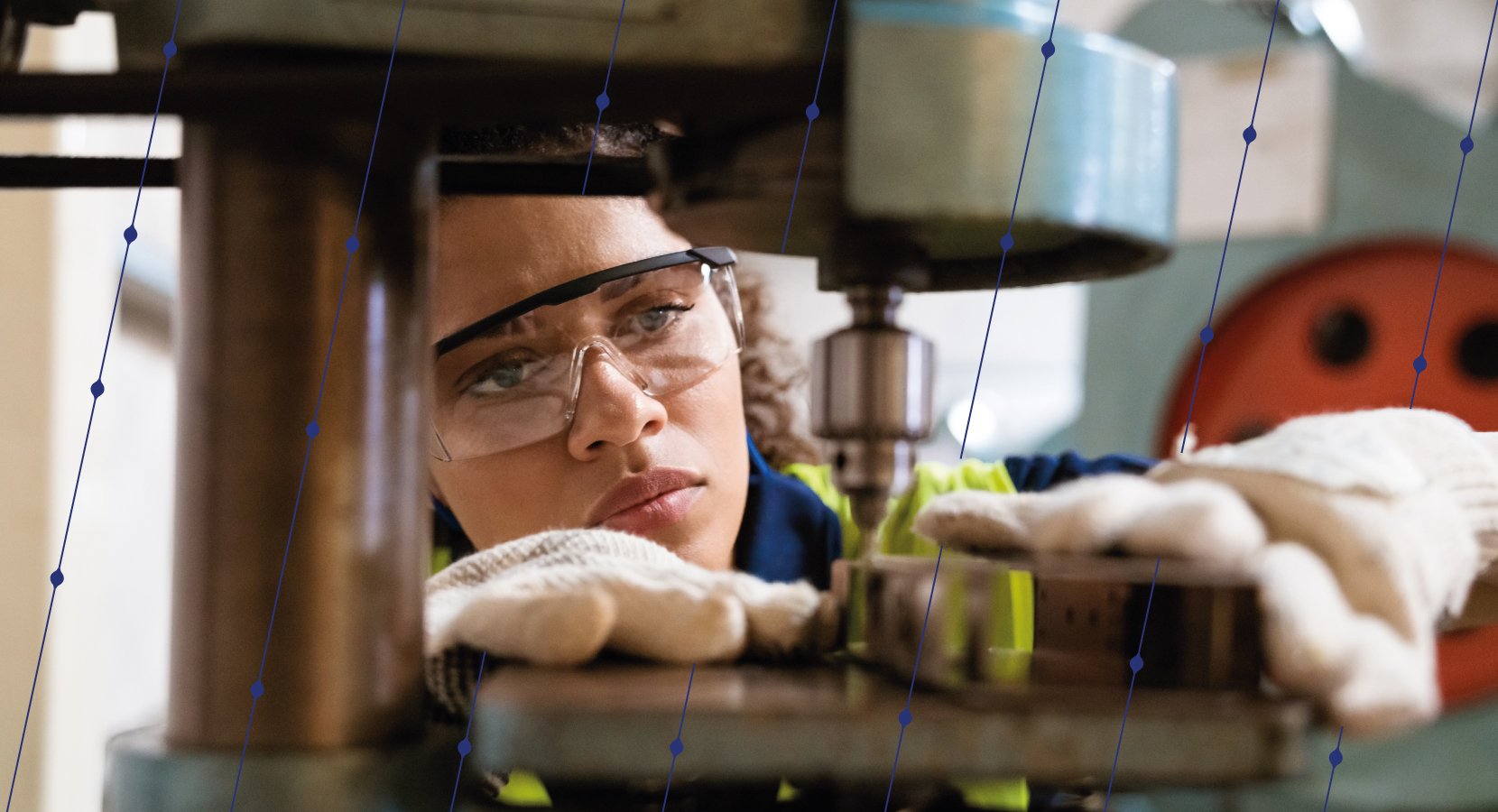
Worker skills and resilience
Within the context of technological transition, there are many factors beyond an individual’s control which determine their ability to be and do what they desire. Our choices and opportunities - our ‘capabilities’ - are often subject to the choices of institutions and policies around us, which can differ significantly across the country.
The Review has been exploring the following in relation to workers themselves:
1. Choice and opportunity: whether a particular policy, or socioeconomic context, constrains or enables people to live the kind of life they want to live, as opposed to whether the intervention led to some outcome determined by the researcher or policy maker.
2. Identity: the implications of automation technologies on the identities of workers and how this is changing due to the current transition.
3. Skills, education, and training: as skills requirements change, workers are required to learn new and higher-level skills. Skills need to be learned at work, but as many workers are now facing higher risk of unemployment, the impact of the skills friction is exacerbated. Education and retraining offers, welfare support, and social services provide resources which individuals can harness and turn into functionings. Decisions made by local institutions and policymakers will shape these opportunities.
Publications relevant to this theme include:
Reframing Skills: Sen’s Capability Approach in an age of automation
Part of our ‘Explainers’ on key themes underpinning the Pissarides Review into the Future of Work and Wellbeing, this report outlines why a novel application of Sen’s Capability Approach offers a new perspective, providing a comprehensive, organising framework to promote human flourishing, centred on individual agency.
Does technology use impact UK workers’ quality of life?
In the past, concepts of wellbeing have tended to be poorly conceptualised, resulting in, for example, general findings about ‘stress’ and ‘burnout’ but little insight into the causes or consequences of that stress. Additionally, most past studies have taken a very narrow view of technology types, making it difficult to disentangle these links. This new work attempts to address both of those weaknesses.
This new research improves our understanding of the associations between exposure to different workplace technologies and workers' quality of life.

-

Health and wellbeing
Exploring the relationship between labour market change and work, health, and wellbeing outcomes.
-

Public institutions
Designing new policies and strategies to address disadvantages and alleviate the risks of automation.
-

Place and inequalities
Exploring how technological disruption in work is affecting inequalities and disparities between groups and communities across the country.



